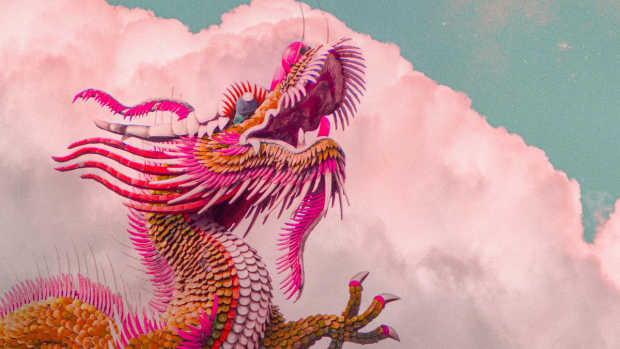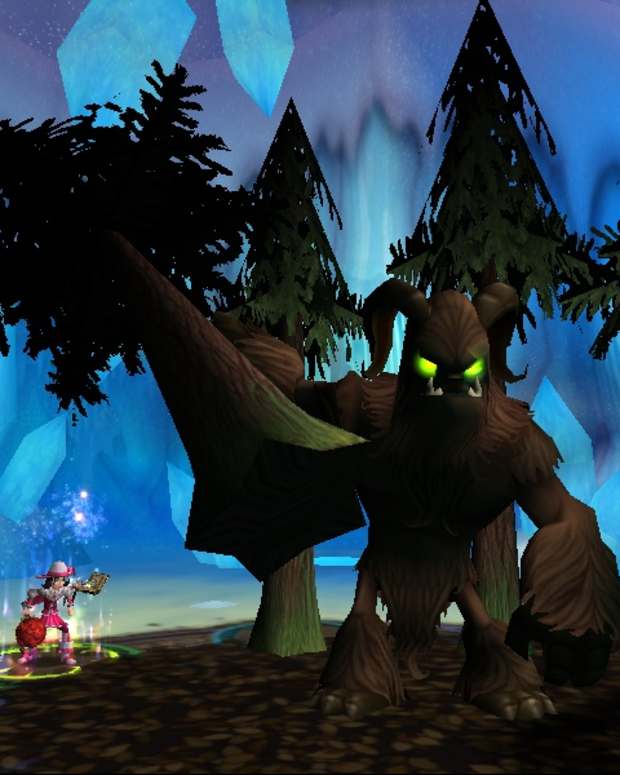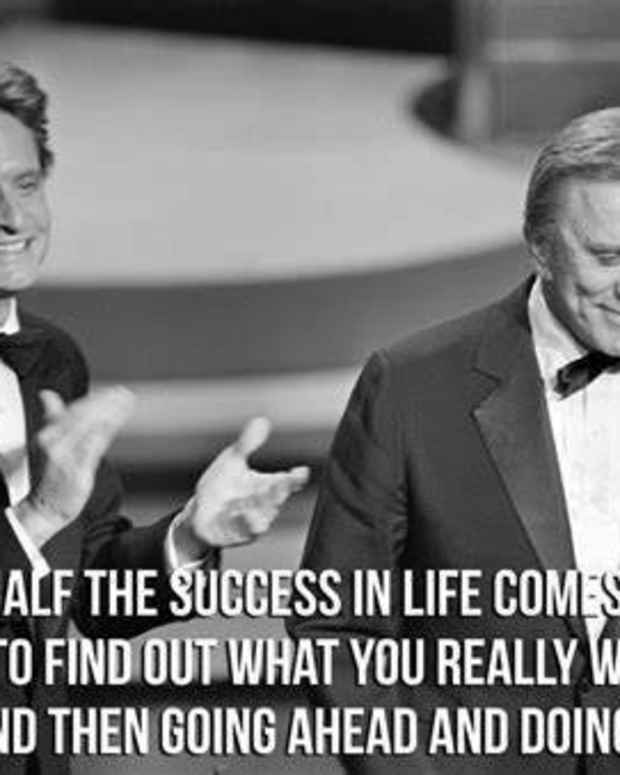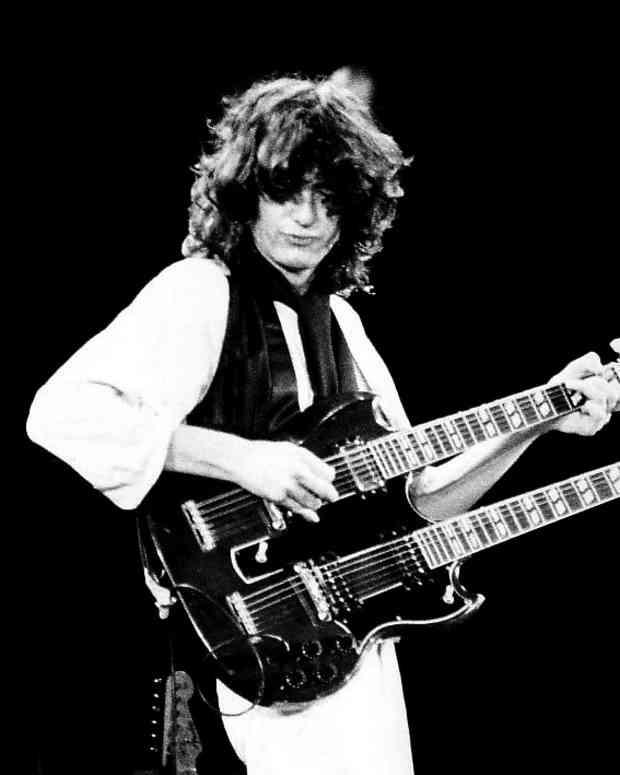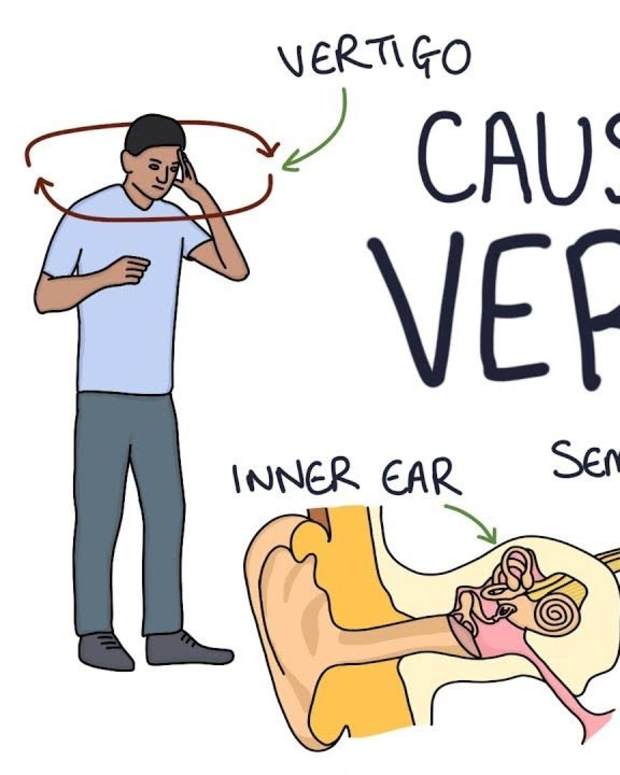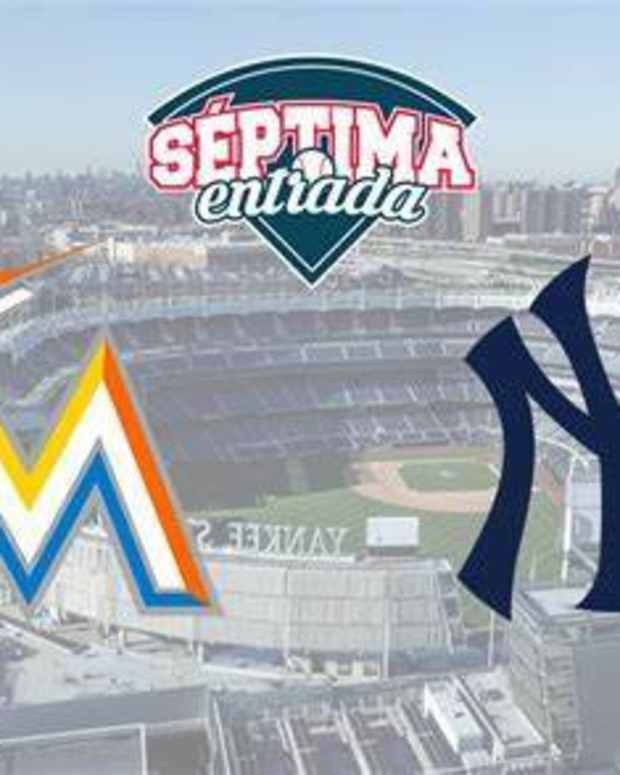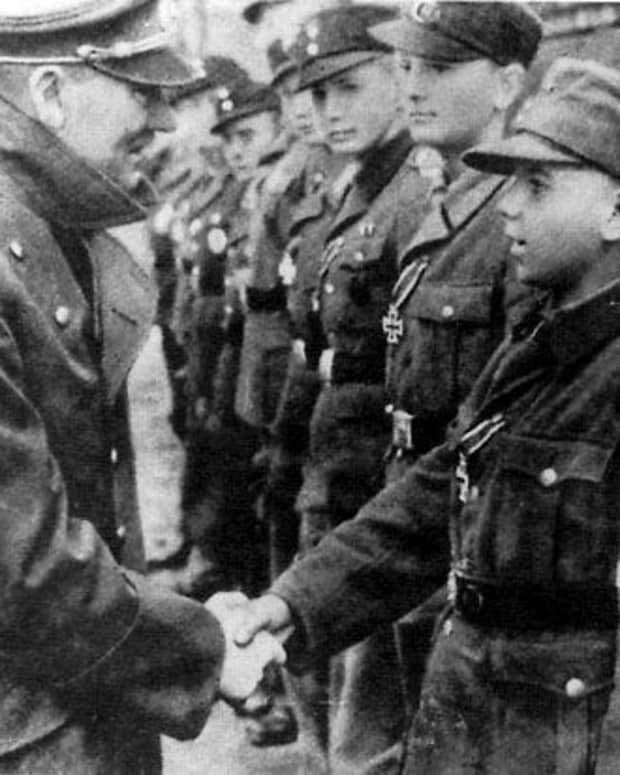Should I Watch..? 'Django' (1966)
What's the Big Deal?
Django is an Italian western film released in 1966 and was directed and co-written by Sergio Corbucci. Like the successful A Fistful Of Dollars by Sergio Leone before it, this film is a loose adaptation of Akira Kurosawa's samurai film Yojimbo and follows the misadventures of a former Union soldier as he travels into a dead-end town carved up by warring gangs of Mexicans and Confederate racists. The film stars Franco Nero in his breakthrough role alongside Loredana Nusciak, Jose Bodalo, Angel Alvarez and Eduardo Fajardo. The film became notorious for its high levels of violence (at the time), which ultimately saw the film banned in several countries, including the UK. Despite this, the film developed a cult following with many praising the film for its direction, Nero's performance and the soundtrack by Luis Bacalov, much of which was reused by Quentin Tarantino for his film Django Unchained. Such was the film's popularity both at home and abroad that over 30 unofficial sequels were produced featuring the Django character before Corbucci and Nero reunited for the only official sequel in 1987, Django Strikes Again.
Watchable
What's It About?
Somewhere on the border between the US and Mexico, a lonely drifter wanders the land dragging a coffin behind him. He suddenly notices a group of Mexican bandits about to punish a runaway prostitute, Maria, from the nearby town by tying her to a bridge and whipping her. As he thinks about intervening, the stranger suddenly sees the Mexicans gunned down by hooded men loyal to Major Jackson—a former Confederate officer turned hoodlum—who decide to punish Maria by tying her to a burning cross. The stranger then steps in, gunning the red-headed goons down in seconds and introducing himself to Maria as Django.
As the pair head into town, they find the place virtually deserted. The only exception is Nathanial's bar, populated by Nathanial himself and a small number of prostitutes who aren't entirely happy to see Maria back. After Django procures a room for Maria and some food for himself, Nathanial explains that the bar is considered neutral territory between Major Jackson's men and Mexican revolutionaries led by General Hugo Rodriguez. And after a confrontation occurs between Django and Jackson himself as he tries to claim his protection money from Nathanial, Django decides to stick around and settle some old scores with both Jackson and Rodriguez...
What's to Like?
While it certainly didn't invent the techniques that helped define the spaghetti western, Django uses them in a way that did help to establish them for countless others to follow. The film's obvious inspiration—Kurosawa's Yojimbo—is plain to see from the epic landscape shots to the slow panning around the remains to the town itself. But Leone's own rip-off A Fistful Of Dollars also provides some inspiration to Corbucci with plenty of extreme close-ups of faces as well as laying the template for the Django character, an obvious homage to Clint Eastwood's iconic Man With No Name.
Luckily for Corbucci, the role is played with endless charisma by Nero who makes Django feel fallible and human much more than Clint's poncho-wearing sharpshooter. From the ominous coffin and its mysterious contents to the romantic scenes between Django and Maria, this isn't just some Wild West superhero but a damaged and far more interesting hero to watch. The film works hard to craft a more original story than its spiritual predecessor but neither the Mexican revolutionaries nor the red-hooded racist thugs of Major Jackson felt particularly well defined. Thankfully, Alvarez's bartender provides some comic relief in between the shootouts to lighten the mood.
Speaking for the action scenes, it isn't so much the violence itself but the amount of it that would have shocked back in the day. The film's body count is into the hundreds but there is a surprisingly sparse amount of blood and hardly any of what censors might term 'injury detail'. True, there are moments that would have pushed the boundaries of the mid-Sixties such as the ear scene (one that Tarantino would pay homage to himself in Reservoir Dogs) but I would argue that the film's myth is perhaps stronger than the offending material itself. After all, it is rated as a 15 today so make of that what you will.
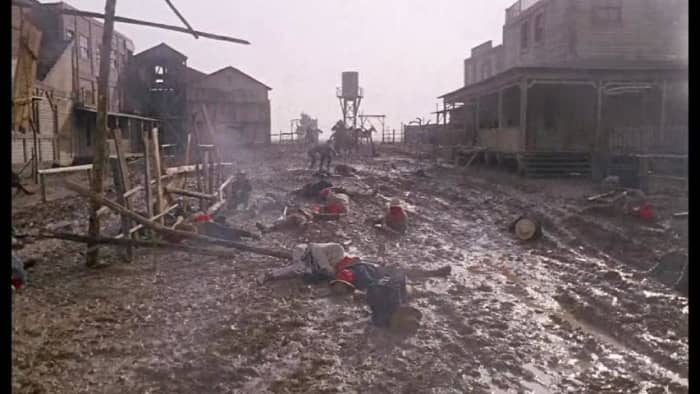
The amount of violence in the film is almost cartoonish but it's rarely bloody and feels pretty tame by today's standards.
Fun Facts
- The character Django is reputedly named after famed guitarist Django Reinhardt who was a jazz guitarist of high renown despite his severe injuries to his fourth and fifth fingers. Not only would viewers at the time be aware of this but it also ties into the fate of the character.
- The title role was originally due to be played by Mark Damon who played the lead in another Corbucci film, Ringo And His Golden Pistol (known in Italy as Johnny Oro), but he dropped out due to scheduling conflicts. In order to make Nero look older as he was only 23 at the time of the shoot, he grew out his stubble and wore fake lines around his eyes. The character's costume was also black in reference to Nero's name.
- The English-language theme tune was sung by Rocky Roberts, a former US Navy operative who developed a singing career and moved to Europe after he retired from the Navy in 1962. Famous for always wearing sunglasses, Roberts had a big hit in Italy in 1967 called 'Stasera Mi Butto' which ultimately led to a short-lived film career of his own.
What's Not to Like?
However, while the film tries very hard to demonstrate its credentials, it is notably less polished than Kurosawa's or Leone's earlier films. All the cast are dubbed so there is some obvious discrepancy between lip movement and words being spoken, giving the film the same cheesy vibe you get from those early Seventies martial arts films with Sonny Chiba. The film also suffers from having a mostly forgettable cast who simply don't make the same sort of impression that Nero does as Django. As I said earlier, the narrative needed a bit of work as neither villain stands out—in fact, the goons hidden behind their Klan-inspired red hoods are far more menacing than either Bodalo or Fajardo.
It's a pity that Django wasn't granted a release at the time although I understand why it wasn't. But in a way, the tale of its tortured release has made the film into an instant cult classic—sure, it's not the best western you'll ever see but its popularity helped to establish the tropes that would soon become cliché in such films. You could even argue that unlike the rip-off 'mockbusters' of today, this film demonstrated that even derivative pictures like this could still offer fans some genuine thrills and fun. The moment Django pops up with the contents of the coffin (think of the guitar case from Desperado), the film becomes a comically over-the-top effort that doesn't take itself too seriously. If you're in the right frame of mind then Django is probably the best you could hope, a slightly silly and excessive shooter that doesn't care if it's treading on familiar territory.

Nero's protagonist feels more human and fallible than those who inspired him while Nero's performance is just as charismatic.
Should I Watch It?
This is the third film I have seen based on Kurosawa's Yojimbo and while Django isn't the best version, it's certainly memorable enough to stand out from the crowd. Nero's career-defining performance gives the film a star at the centre of the film that is the equal to that of Eastwood while the action scenes are exciting enough to satisfy most modern viewers used to more energetic fare. But it's hard to recommend to anyone who doesn't enjoy westerns and the film's reputation is arguably greater than the one it deserved.
Great For: fans of westerns, aspiring filmmakers, upsetting censors
Not So Great For: Kurosawa and his lawyers, comparisons to modern levels of violence, lip readers
What Else Should I Watch?
An enormous number of films, including the numerous spin-offs and rip-offs of Django, owe a debt of gratitude to Akira Kurosawa's Yojimbo which has proved massively inspirational. A historical samurai film that introduced the concept of the nameless warrior aiding a town besieged by opposing forces, the basic narrative has changed very little as the various remakes have come and gone. A Fistful Of Dollars was the first of the imitators and one that was actually delayed by legal action by the Japanese director. But with a legend like Sergio Leone directing, the film has the look and feel of a truly epic picture and helped make Clint an icon. The last version of the story I saw was the fairly forgettable Last Man Standing which saw Bruce Willis gunning down bad folk in Prohibition-era Texas. Despite being the only remake to officially credit Kurosawa and screenwriter Ryuzo Kikushima, it's the weakest of the different versions and memorable only for the cartoony violence the film uses.
While often overlooked when compared to Leone, Corbucci enjoyed a long and successful career producing spaghetti westerns - Tarantino has often credited Corbucci for inspiring him to write his own Django film, Django Unchained. Other films in this genre by Corbucci include his equally violent 1968 film The Great Silence (which was also not granted a release in the UK until the 1990s), The Specialists and a curious picture starring Burt Reynolds as Navajo Joe, a film later dismissed by its star as a film only shown in prisons and on aeroplanes because the audience couldn't leave.
Main Cast
| Actor | Role |
|---|---|
Franco Nero | Django |
Jose Bodalo | General Hugo Rodriguez |
Loredana Nusciak | Maria |
Angel Alvarez | Nathanial |
Eduardo Fajardo | Major Jackson |
Technical Info
| Director | Sergio Corbucci |
|---|---|
Screenplay | Sergio & Bruno Corbucci, Franco Rossetti and Piero Vivarelli* |
Running Time | 91 minutes |
Release Date (UK) | 1st August, 1993 |
Rating | 15 (2004 re-rating) |
Genre | Action, Western |
© 2021 Benjamin Cox


